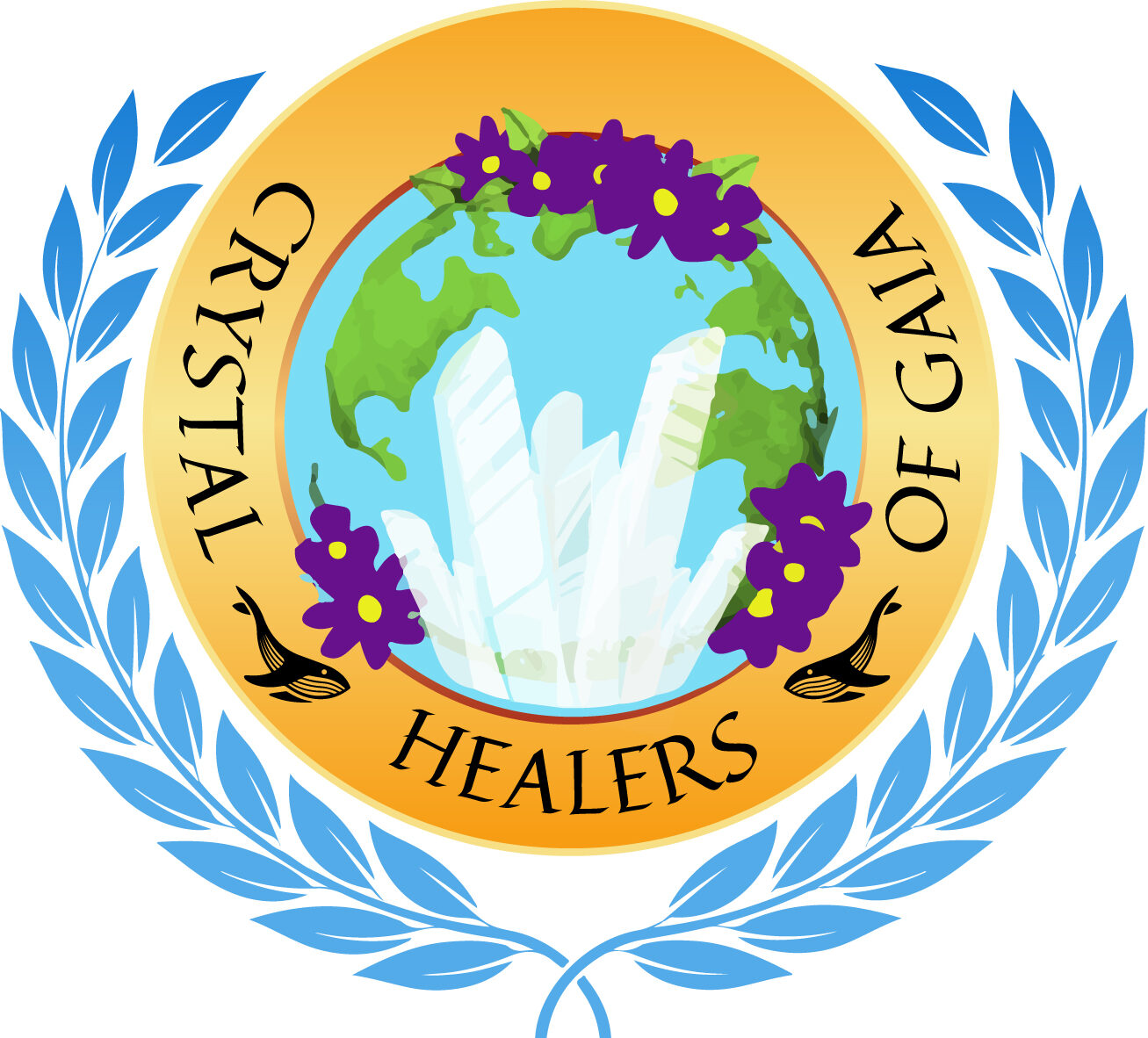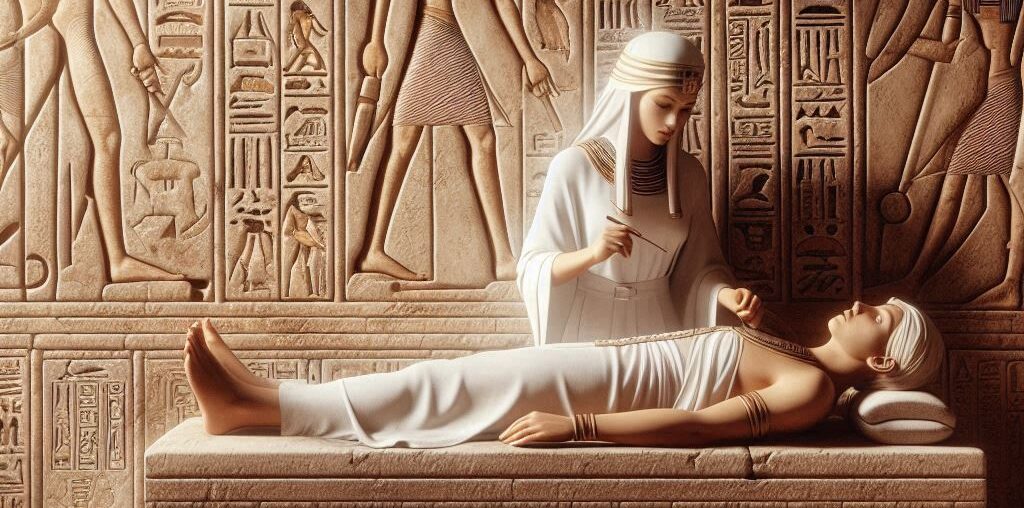Colloidal minerals and metals are a types of dietary supplement consisting of mineral particles suspended in a liquid. These minerals, derived from natural sources, are believed to be highly absorbable by the body due to their small particle size. The use of colloidal minerals and metals has roots in ancient civilizations, including Egypt, where the understanding and application played a significant role in health and medicine. This article explores the historical significance of colloidal minerals in ancient Egypt and their relevance in contemporary health practices.
Ancient Egypt: The Cradle of Mineral Wisdom
Ancient Egypt is renowned for its advanced knowledge in various fields, including medicine, agriculture, and engineering. The Egyptians were among the first to recognize the importance of minerals for health and well-being. They used a variety of minerals for therapeutic purposes, incorporating them into their medical practices and daily routines.
- Medicinal Uses:
- Copper and Gold: Ancient Egyptians used copper for its antimicrobial properties. Copper-based compounds were applied to wounds to prevent infection. Gold was believed to have healing properties and was used in various elixirs and ointments.
- Natron and Salt: Natron, a naturally occurring blend of sodium carbonate decahydrate and sodium bicarbonate, was used in mummification and as a cleansing agent. Salt, another essential mineral, was used for preservation and purification.
- Cosmetics and Hygiene:
- Kohl: A prominent cosmetic used in ancient Egypt, kohl was made from galena (lead sulfide) and other minerals. It served not only as a beauty product but also protected the eyes from the sun’s glare and infections.
- Mineral Baths: Egyptians believed in the rejuvenating properties of mineral baths. They used water from natural springs rich in minerals for therapeutic bathing practices.
Colloidal Minerals in Modern Health
The concept of colloidal minerals aligns with the ancient Egyptian practice of utilizing minerals for health benefits. In modern times, colloidal minerals are sought after for their potential to address mineral deficiencies and support overall wellness.
- Bioavailability:
- Colloidal minerals are known for their high bioavailability, meaning the body can absorb and utilize them more efficiently compared to other forms of minerals. This is due to the small particle size, which allows for better cellular uptake.
- Detoxification:
- Colloidal silver, a popular colloidal mineral, is often used for its purported antimicrobial and detoxifying properties. It is believed to help eliminate harmful bacteria and support the immune system.
- Nutrient Support:
- Colloidal mineral supplements can provide a wide range of trace minerals that are often lacking in modern diets. These include minerals like zinc, magnesium, iron, and selenium, which are essential for various bodily functions.
Types of Colloidal Minerals

- Colloidal Silver
- Known for its antimicrobial properties.
- Often used to support the immune system and promote wound healing.
- Colloidal Gold
- Believed to enhance cognitive function and support mental health.
- Used in skincare products for its anti-inflammatory properties.
- Colloidal Copper
- Used for its potential to support skin health and improve wound healing.
- May help maintain cardiovascular health and support the immune system.
- Colloidal Zinc
- Important for immune function and wound healing.
- Supports skin health and may reduce inflammation.
- Colloidal Magnesium
- Essential for muscle and nerve function.
- Helps to maintain healthy bones and support cardiovascular health.
- Colloidal Iron
- Vital for the production of red blood cells and prevention of anemia.
- Supports overall energy levels and cognitive function.
- Colloidal Platinum
- Believed to enhance brain function and support mental clarity.
- Used in skincare for its potential anti-aging properties.
- Colloidal Selenium
- An antioxidant that helps protect cells from damage.
- Supports thyroid function and immune system health.
- Colloidal Manganese
- Important for bone health and metabolic processes.
- Supports wound healing and the production of connective tissue.
- Colloidal Chromium
- Helps to regulate blood sugar levels.
- Supports metabolism and may aid in weight management.
- Colloidal Silica
- Supports skin, hair, and nail health.
- Important for the maintenance of connective tissues and joint health.
- Colloidal Calcium
- Essential for bone and teeth health.
- Supports nerve function and muscle contraction.
- Colloidal Potassium
- Vital for maintaining proper cellular function.
- Supports cardiovascular health and proper muscle function.
- Colloidal Boron
- Supports bone health and improves the absorption of other minerals.
- May help in reducing inflammation and enhancing cognitive function.
- Colloidal Sulfur
- Known for its detoxifying properties.
- Supports joint health and skin conditions.
These colloidal minerals are typically available in liquid form, with the mineral particles suspended in a colloidal solution, making them easily absorbable by the body. They can be found individually or in combination blends tailored to specific health needs.
List of Colloidal Metals
- Colloidal Silver
- Known for its antibacterial, antiviral, and antifungal properties.
- Used to support the immune system and promote skin health.
- Colloidal Gold
- Believed to improve cognitive function and reduce inflammation.
- Used in mental health and skin care applications.
- Colloidal Copper
- Supports cardiovascular health, skin elasticity, and wound healing.
- May help with anti-aging and antioxidant activities.
- Colloidal Platinum
- Claimed to enhance mental clarity and cognitive function.
- Often used in high-end skincare products for its rejuvenating properties.
- Colloidal Zinc
- Important for immune function, skin health, and wound healing.
- Helps to reduce inflammation and supports metabolic processes.
- Colloidal Titanium
- Known for its strong, lightweight properties in various industrial applications.
- Sometimes used in supplements for potential benefits to bone and joint health.
- Colloidal Palladium
- Believed to have antioxidant properties.
- Used in some alternative health treatments for its potential to support cellular health.
- Colloidal Iridium
- Claimed to support cognitive function and improve mental clarity.
- Sometimes used in alternative health practices for its supposed energy-enhancing properties.
- Colloidal Rhodium
- Alleged to support overall cellular health and detoxification.
- Occasionally used in holistic health practices for its potential rejuvenating effects.
- Colloidal Indium
- Claimed to enhance the absorption of other minerals and nutrients.
- Sometimes used in supplements to support endocrine function and energy levels.
These colloidal metals are typically available in liquid suspension, where fine metal particles are dispersed in water or another liquid medium, allowing for easier absorption and utilization by the body.
Integrating Ancient Practices with Modern Knowledge
The synergy between ancient Egyptian wisdom and contemporary science highlights the enduring importance of minerals in maintaining health. By studying and adopting the mineral practices of ancient Egypt, we can enhance our understanding and application of colloidal minerals today.
- Holistic Approaches:
- Ancient Egyptians viewed health holistically, integrating minerals and metals with diet, herbal remedies, and spiritual practices. This holistic approach is echoed in modern wellness practices that emphasize the interconnectedness of physical, mental, and spiritual health.
- Natural Sources:
- Just as ancient Egyptians sourced minerals from natural deposits, modern colloidal minerals are often derived from natural sources like mineral-rich waters and clays. Ensuring the purity and quality of these sources is crucial for their effectiveness.
Conclusion
The legacy of mineral and metal use in ancient Egypt provides valuable insights into the potential benefits of colloidal minerals and metals in contemporary health practices. By bridging ancient wisdom with modern science, we can harness the power of colloidal minerals and metals to support our health and well-being in a holistic and natural way. The timeless knowledge of the Egyptians continues to inspire and inform our quest for optimal health.

